 |
| THE CULTURAL SYNERGIST |
2015
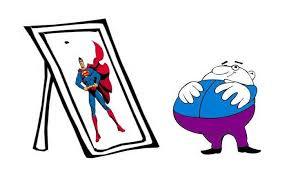
As I was preparing for an Unconscious Bias programme, I popped out of the office for a quick visit to my Osteopath. On my arrival I spent a few moments waiting for the receptionist to finish a phone call before introducing myself. When she was ready she looked up from her desk to inquire if I was the driver of the taxi that she had ordered for a patient. My first thought was @#$%! and why would she expect me to be the taxi driver. Then I realised that I was casually dressed, am of Indian decent (as many taxi drivers in Melbourne are) and I had stood patiently waiting for her to finish her conversation rather than take a seat with the other waiting clients. For all of these reasons I believe that she made an immediate judgement (based on my ethnicity and possibly dress) that led her to conclude that I was a taxi driver- please understand that I have nothing against taxi drivers. We all have biases both conscious and unconscious. They help us to navigate our social interactions and judgements and drive our decisions and behaviours; however, we do need to have an awareness of what they are and when they are influencing our decisions and behaviours.
If you would like to read or follow our Cultural Intelligence Blog go to:
http://culturalsynergies.wordpress.com Best Wishes Tom Verghese Send to Friend |
||||
| How bias aware are you? | ||||
 |
||||
|
|
Ross maintains that human beings are consistently and routinely bias and that we almost never know when we are being biased. Everyday Bias offers some great insights to understanding how to overcome and identify unconscious biases in our lives. He advocates strongly for the creation of more bias-conscious organisations in the belief that productivity, personal happiness and social growth are possible if we first understand the powerful nature of the biases we don't even realise we have. Ross argues that probably the most important way that bias affects organisations is in the management of talent and carefully considers 10 aspects of the talent management system. Apart from the case studies and stories, I particularly enjoyed the appendix that includes lessons for handling conflict and bias in the workplace. The book is full of some great anecdotes and case studies from his 30+ years working as a diversity consultant. It is a great blend of evidence-based data, research and Ross's own personal knowledge and experiences. |
|||||
| RECOMMENDED BOOK: "Everyday Bias Identifying and Navigating Unconscious Judgements in Our Daily Lives" By Howard, J. Ross (2014) |
||||||
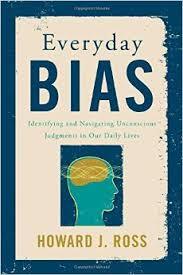 |
||||||
|
|
RESOURCES 'Raising Your Cultural IQ - DVD and CD 'Raising Your Cultural IQ' explores the issues around culture, the challenges that culture can pose and provides some great strategies on how to leverage on cultural differences and similarities. 'The Invisible Elephant - Exploring Cultural Awareness' Book testimonial by Asma Ghabshi Visit our store here
|
|
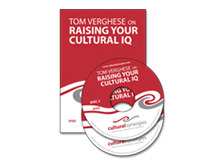 |
||
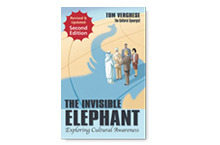 |
||
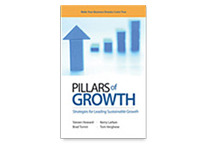 |
||
 |
|